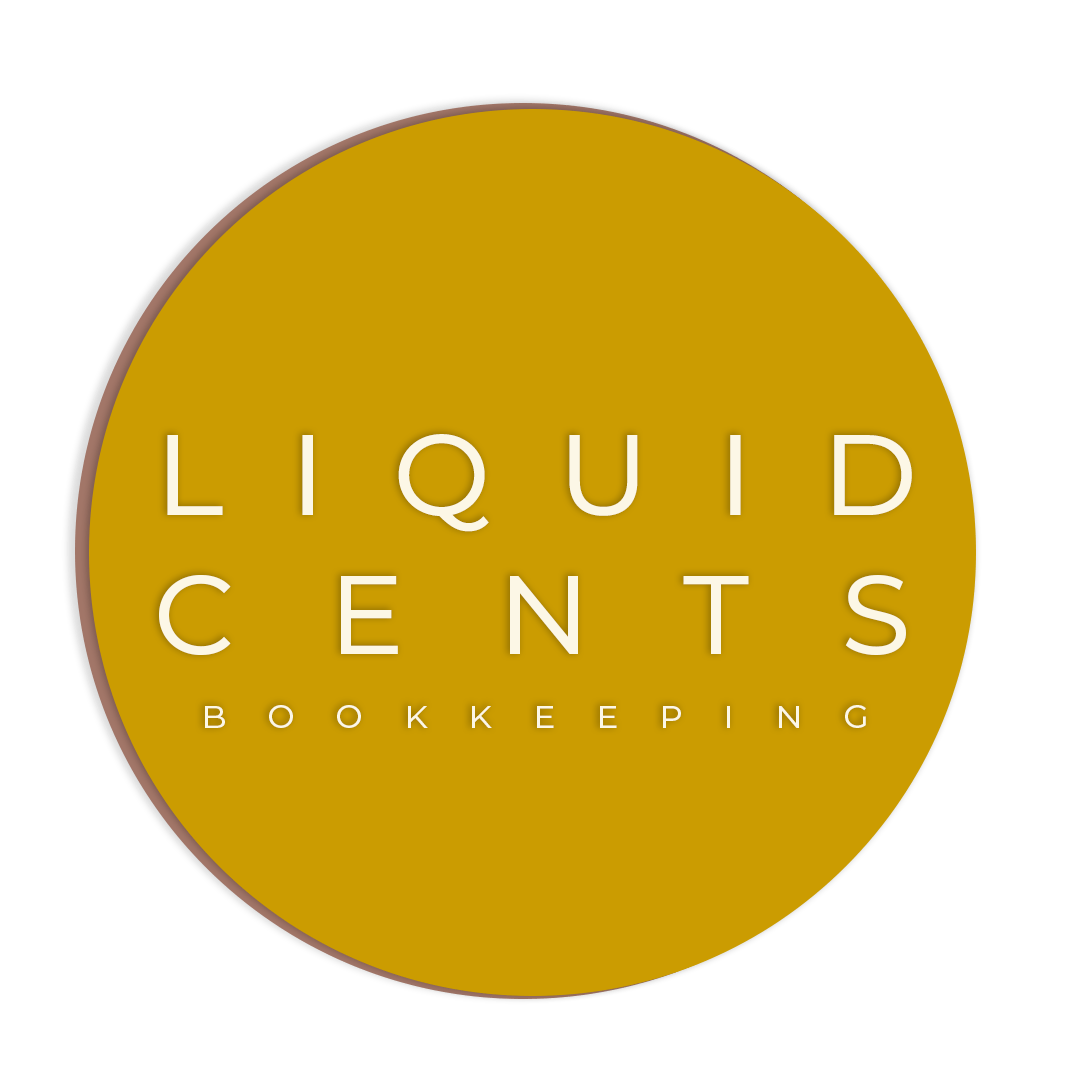New business owners, you need to know this!
Congratulations!
You’re a new business owner, and you probably have a ton of questions.
I want to help you understand and master one of the most important areas of your business: your money.
Chances are, you formed an LLC. That’s a whole new entity separate from you. That means you are required to keep those finances separate from your personal ones. On top of that, you are expected to keep clear records of your revenue and expenses (per the IRS).
This is super important and essential when it comes to running your business. Many people file for LLCs to do work as contractors, and mistakenly think that because they’re technically “not running a business” they’re exempt from this. Or, since you are a solo-preneur doing it all, that you are free to use that money for anything and everything you feel like. This would only be true for sole proprietors who are not incorporated (self-employed) and report all their income in their personal income taxes.
So, if you legally created a new business, put on your business owner hat and keep reading. This is for you.
Separate bank account is NOT optional
After you created your business and obtain your EIN, your following step should be to get a new bank account. Your EIN document will allow you to open a business bank account.
All your sales should go directly to that bank account. Or, if you’re using a payment processor, choose their business option. All expenses should also come out of your dedicated business accounts.
Think about it this way. Your business’ money is not yours. It belongs to your business.
So how can you use the money in that account for personal use?
You can cut yourself a check or make an online transfer to your personal account. Once it hits your personal account, then you can use it for personal purposes. Keep track of those transactions and categorize them under “Member’s Distribution”. It’s a fancy way of saying that the business distributed those funds to you.
And viceversa. If you need to make purchases but don’t have money in your business account, you can use personal money. The key is in moving your money into your business account first. Categorize it as “Member’s Contribution” to reflect that you are “contributing” funds to the business.
I also recommend opening a savings account to set aside money exclusively for your taxes. You can also save for any other big expenses, like licenses and other yearly fees.
Keeping track
Your next big responsibility is to keep track of all your income and all your expenses. In other words, every single thing that comes in and comes out of your business accounts need to have a clear explanation behind them. In case of an audit, you’ll be requested to show receipts too. Do yourself a big favor and save all your receipts right from the get-go, including digital ones.
The IRS doesn’t require a specific system for this, so it’s up to you to choose. Consider your business needs and future plans when choosing a system (pen and paper, spreadsheet, software, outsourcing, etc). Choose one that not only will fit your business needs, but one that you’re actually going to use.
It might feel like a lot, but do your best to keep it simple.
Get a separate bank account exclusively for your business.
Decide on a record keeping process and stick to it.
Save all your receipts, including digital purchases.
You can totally do it!
Need some help? Email me at Andrea@LiquidCentsBookkeeping.com or book a free call below
This is for informational and educational purposes only. Please seek individual legal and tax advice.

